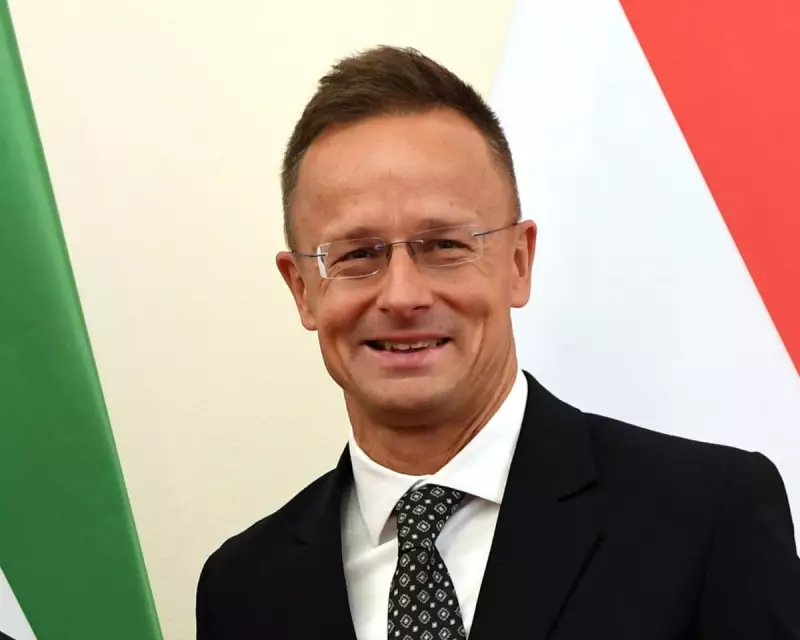
In a bold defiance of Western unity, Hungary has declared it will continue purchasing Russian oil despite direct demands from former US President Donald Trump during this week's NATO summit. The move exposes significant fractures within the alliance as member states grapple with energy security versus political pressure.
Orbán's Unwavering Stance
Prime Minister Viktor Orbán's government confirmed its position shortly after Trump's address to NATO leaders, where the Republican leader urged member states to completely sever energy ties with Moscow. Hungarian officials stated that their energy infrastructure remains dependent on Russian supplies and that abruptly cutting imports would cripple the nation's economy.
'Energy security is not a political bargaining chip,' a senior Hungarian energy minister told reporters. 'We must protect Hungarian families and businesses from devastating price hikes.'
The Budapest-Moscow Energy Corridor
Hungary's reliance on Russian energy runs deep through the Druzhba pipeline system, which has supplied the country with crude oil for decades. Despite EU-wide sanctions targeting Russian energy exports, Hungary secured an exemption last year that allows it to continue imports via pipeline.
- Hungary imports approximately 65% of its oil from Russia
- The country paid over €4 billion for Russian oil in the past year
- Alternative supply routes would require massive infrastructure investment
- Orbán has consistently opposed broader EU sanctions on Russian energy
NATO's Internal Divide Widens
The public disagreement highlights the challenging position NATO faces as it attempts to maintain cohesion while respecting member states' sovereign decisions. Trump's return to the political stage has intensified pressure on countries that maintain economic ties with Russia.
'This isn't just about Hungary,' noted a European diplomat speaking on condition of anonymity. 'Several NATO members quietly maintain energy relationships with Moscow while publicly condemning the invasion of Ukraine.'
The standoff comes at a critical moment for the Western alliance, with ongoing debates about funding for Ukraine and the future direction of NATO under potential renewed American leadership.






